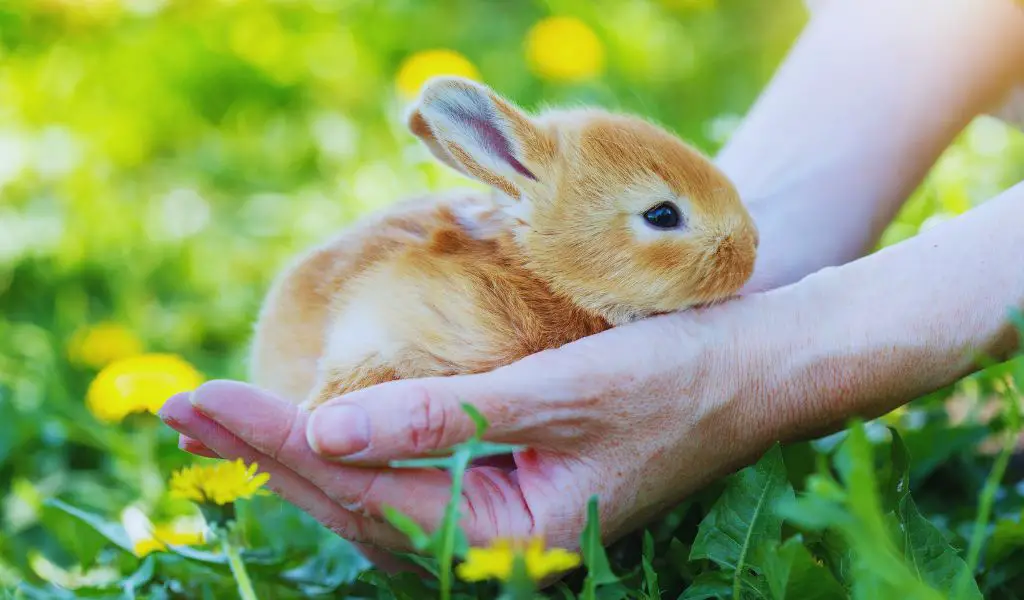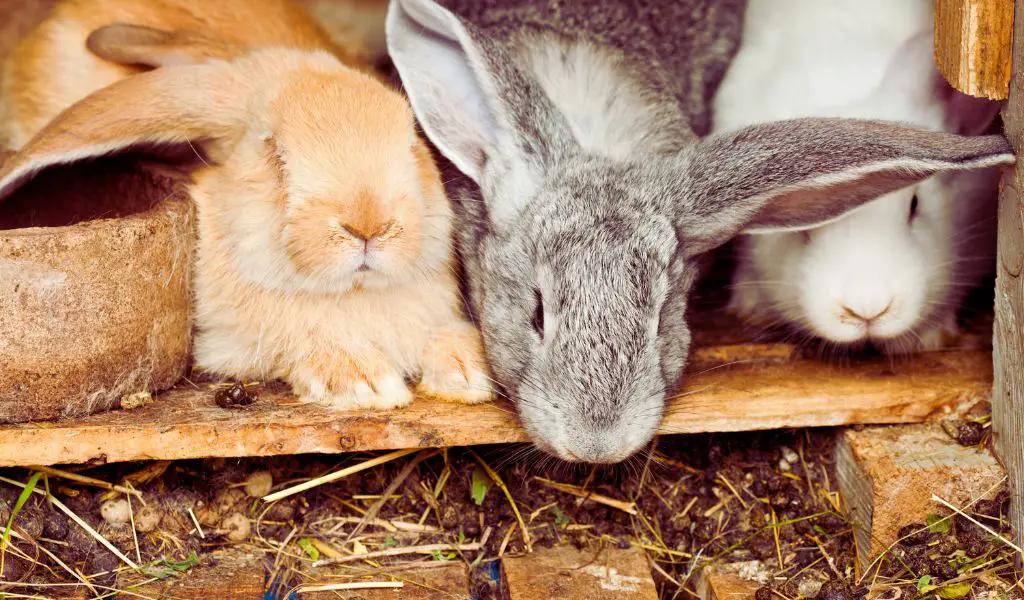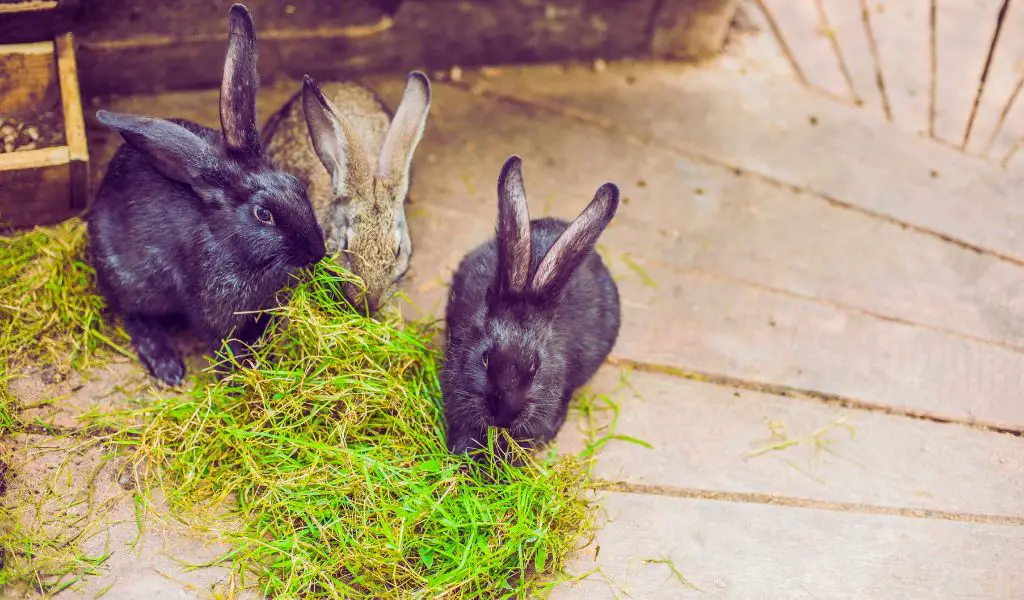Rabbits are charming and sociable creatures that make wonderful pets for those who understand their needs.
Proper care is essential for their well-being and longevity, encompassing aspects such as diet, housing, health, and social interaction.
This article provides a comprehensive guide to basic rabbit care, ensuring your furry friend leads a happy, healthy life.
Choosing the Right Rabbit
When considering adding a rabbit to your family, it’s crucial to select one that fits your lifestyle.
Consider factors like breed, size, and temperament. Rabbits can live up to 10 years or more, making this a significant commitment.

Essential Supplies for Your Rabbit
Before bringing your rabbit home, gather the necessary supplies.
This includes a spacious cage or hutch, a litter box, bedding, food dishes, and a water bottle or bowl.
Providing a safe, comfortable environment is key to your rabbit’s health.
Setting Up Your Rabbit’s Living Space
Your rabbit’s living space should be safe, spacious, and stimulating.
Ensure the area is free from hazards and includes a hideout for privacy. Regular cleaning is essential to maintain a healthy environment.
Feeding Your Rabbit
A balanced diet is critical for your rabbit’s health.
Fresh hay should make up the bulk of their diet, supplemented with fresh vegetables and a small amount of pellets.
Fresh water must be available at all times.
What to Feed
Focus on providing a variety of leafy greens and vegetables.
Carrots and fruits can be given sparingly as treats due to their high sugar content.
Foods to Avoid
Certain foods can be harmful to rabbits, including iceberg lettuce, avocado, and chocolate.
Always research before introducing new foods to your rabbit’s diet.

Health and Wellness
Regular veterinary check-ups are essential for maintaining your rabbit’s health.
Be alert to signs of illness, such as changes in appetite or behavior, and seek prompt veterinary care when needed.
Regular Health Check-ups
Annual visits to a vet experienced with rabbits can help prevent and identify health issues early.
Common Health Issues
Familiarize yourself with symptoms of common ailments like gastrointestinal stasis, dental problems, and respiratory infections.
Early detection and treatment are crucial.
Exercise and Socialization
Rabbits require daily exercise and social interaction to stay healthy and happy.
Provide a safe, enclosed area for your rabbit to explore and play.
Safe Exercise Practices
Monitor your rabbit during exercise to prevent injury and escape.
Include toys and obstacles to encourage movement and mental stimulation.
Socializing Your Rabbit
Gentle, consistent handling from an early age helps rabbits become comfortable with humans and other pets.
Positive interactions are essential for social development.
Grooming Your Rabbit
Regular grooming helps keep your rabbit clean and comfortable, preventing matting and other issues.
Brushing and Coat Care
Depending on the breed, your rabbit may need weekly brushing to remove loose fur and prevent hairballs.
Nail Trimming and Dental Care
Trimming nails regularly and monitoring teeth for overgrowth are important aspects of grooming.
A vet can provide guidance and assistance if needed.
Rabbit care requires dedication and understanding, but the reward is a loving, interactive companion.
By providing proper diet, housing, healthcare, and companionship, you can ensure your rabbit enjoys a long, happy life.
FAQs
Q1: How often should I feed my rabbit?
A1: Fresh hay should be available at all times, with vegetables and a small number of pellets fed daily.
Q2: Can rabbits live with other pets?
A2: With proper introductions and supervision, rabbits can coexist with other pets, but individual temperaments must be considered.
Q3: How long do rabbits typically live?
A3: With proper care, rabbits can live 10 years or more.
Q4: Do rabbits need vaccinations?
A4: Vaccination needs can vary by location. Consult with a vet experienced in rabbit care for personalized advice.
Q5: How can I tell if my rabbit is sick?
A5: Changes in appetite, behavior, or bathroom habits can indicate illness. Seek veterinary care if you notice any concerning signs.





